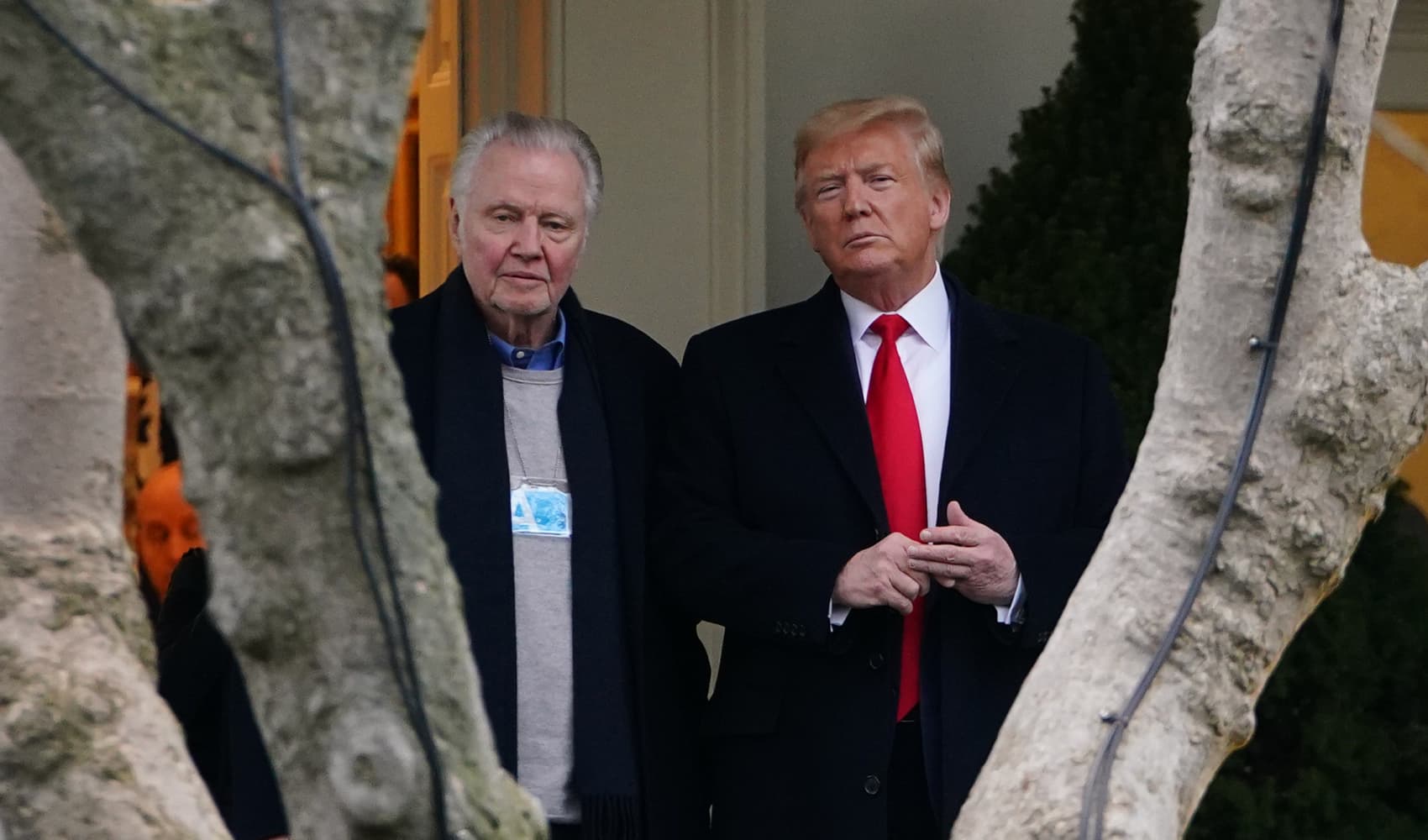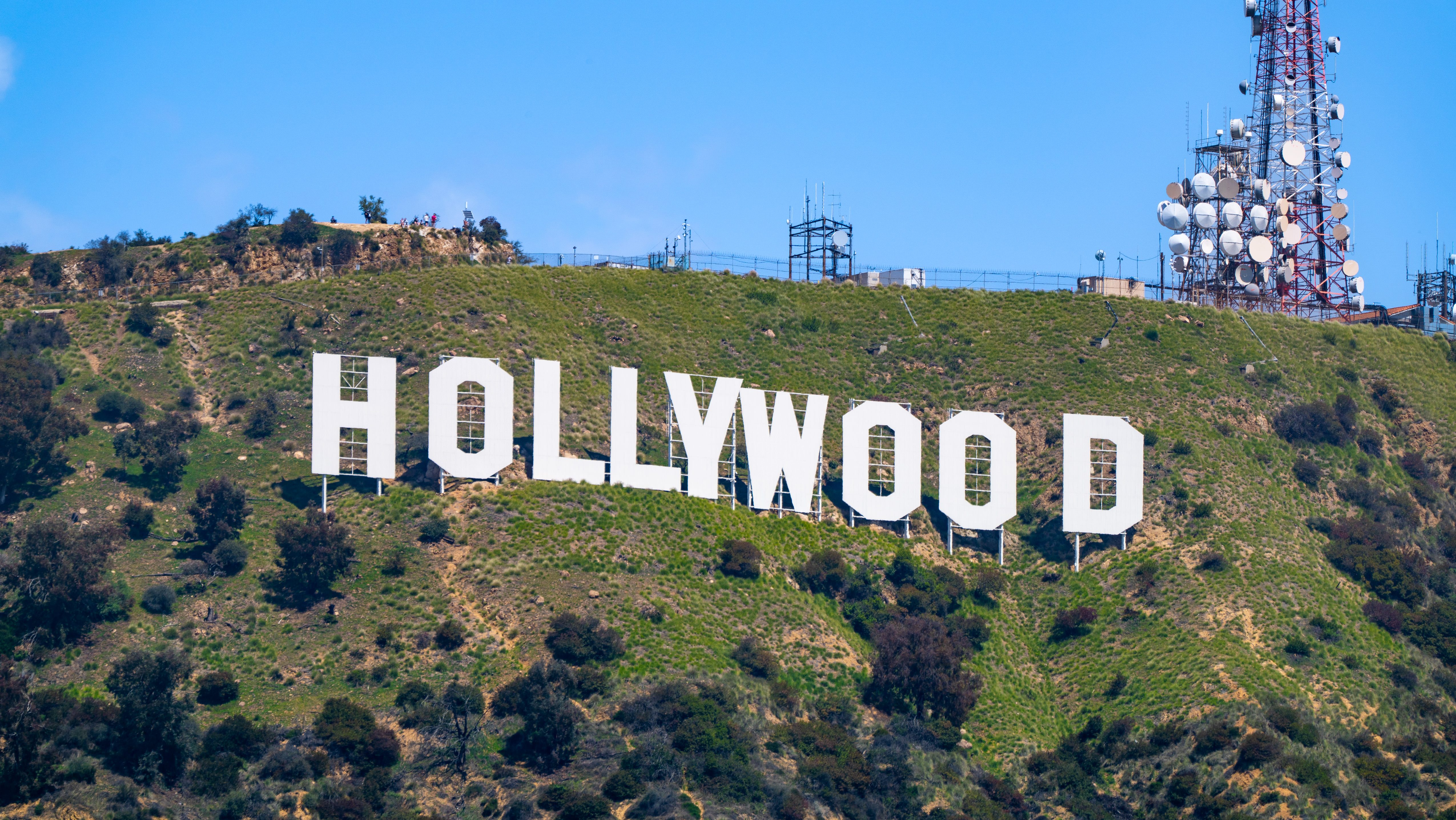Female Cinematographer Makes History with IMAX Film 'Sinners'
'Sinners' Breaks Barriers: First IMAX Film Shot by a Female Cinematographer
Introduction: A Historic Moment in Filmmaking
Lights, camera, history! The world of cinema just witnessed a groundbreaking moment. Autumn Durald Arkapaw, a name you'll undoubtedly hear more of, has etched her name into the annals of film history. You see, she didn't just shoot a movie; she became the first female director of photography to helm a movie on the large-format IMAX film. The film in question? The highly anticipated "Sinners," directed by the visionary Ryan Coogler.
Can you imagine the thrill? The weight of expectation? The pure, unadulterated joy? This isn't just a win for Autumn; it's a victory for women in film, for aspiring cinematographers, and for anyone who believes in breaking down barriers. It’s a testament to talent, perseverance, and the power of opportunity. Let's dive into the story behind this monumental achievement.
The Revelation: A Text Message of a Lifetime
Sometimes, life-changing news arrives in the most unassuming way. For Autumn Durald Arkapaw, the realization that she was making history came via a simple text message. It was Kodak executive Vanessa Bendetti who delivered the exciting news.
Think about it: You're going about your day, proud of the work you've done on a project, and then BAM! You find out you've just shattered a glass ceiling. That's the kind of moment that sticks with you forever.
Autumn's Reaction: Pride and Gratitude
How did Autumn react to this incredible revelation? With grace and humility, of course. "I smiled at the thought," Arkapaw said in a recent interview. "I felt very proud that Ryan gave me the opportunity."
Her words highlight two crucial elements: pride in her accomplishment and gratitude for the chance to shine. It's a powerful combination that speaks volumes about her character and her approach to her craft.
The Director's Vision: Coogler and the Shift to IMAX
Initially, Ryan Coogler envisioned "Sinners" as a 16mm film project. So, what prompted the change to the grand scale of IMAX? Enter Warner Bros. executive Jesse Ehrman, who suggested that Coogler consider the large format.
Ehrman recognized the potential of IMAX to elevate the cinematic experience, offering moviegoers enhanced resolution and a captivatingly shallow depth of field. It's like taking a regular photograph and turning it into a stunning high-resolution portrait – the details become sharper, the colors more vibrant, and the overall impact more profound.
The Allure of IMAX: Why Filmmakers and Audiences Love It
IMAX isn't just a bigger screen; it's a whole different way of experiencing cinema. Filmmakers like Christopher Nolan have long championed the format, recognizing its ability to immerse audiences in the story. And audiences have responded enthusiastically, actively seeking out IMAX screenings for a truly unforgettable moviegoing experience.
What Makes IMAX Special?
- Enhanced Resolution: See every detail with unparalleled clarity.
- Shallow Depth of Field: Creates a visually stunning, cinematic look.
- Immersive Experience: Draws you into the world of the film like never before.
"Sinners": A Film to Watch Out For
With Autumn Durald Arkapaw behind the camera and Ryan Coogler at the helm, "Sinners" is poised to be a cinematic triumph. But it's not just about the technical achievements; it's about the story, the characters, and the overall impact of the film.
Breaking Barriers: What This Means for Women in Film
Autumn's achievement is a major milestone for women in the film industry. For too long, female cinematographers have been underrepresented, their talent and potential overlooked. This historic moment serves as an inspiration to aspiring female filmmakers everywhere, proving that anything is possible with talent, hard work, and determination.
It’s like watching a seed sprout and blossom into a vibrant flower – a symbol of growth, resilience, and the beauty that can emerge when given the opportunity to thrive.
The Power of Representation: Seeing is Believing
Representation matters. When young women see someone who looks like them succeeding in a field like cinematography, it sparks a belief that they too can achieve their dreams. Autumn Durald Arkapaw's accomplishment is a powerful message: "You belong here. Your voice matters. Your vision is valuable."
Beyond the Technical: The Art of Cinematography
Cinematography is more than just pointing a camera and pressing record. It's an art form that requires a keen eye, a deep understanding of light and shadow, and the ability to tell a story visually. It's about crafting the atmosphere, conveying emotion, and immersing the audience in the world of the film.
Key Elements of Cinematography
- Lighting: Setting the mood and creating visual interest.
- Composition: Arranging elements within the frame to guide the viewer's eye.
- Camera Movement: Using movement to enhance the story and create a sense of dynamism.
The Future of Film: Embracing Diversity and Innovation
The film industry is evolving, and the future looks brighter than ever. With more diverse voices being heard and more opportunities being created, we can expect to see even more groundbreaking achievements in the years to come.
It's like watching a kaleidoscope of colors and perspectives come together to create a vibrant and beautiful picture.
Autumn's Journey: A Rising Star in Cinematography
While "Sinners" marks a significant milestone in Autumn Durald Arkapaw's career, it's just one chapter in her story. She's a talented and dedicated cinematographer with a bright future ahead of her. Her previous work has garnered critical acclaim, and she's quickly becoming one of the most sought-after cinematographers in the industry.
The Impact on the Industry: A Call to Action
Autumn's success should serve as a call to action for the film industry to actively seek out and support female talent. It's time to break down the barriers that have historically kept women from reaching their full potential in cinematography and other technical fields.
Supporting Women in Film: What You Can Do
There are many ways to support women in film. Here are a few ideas:
- Watch films directed and shot by women.
- Support organizations that promote women in film.
- Advocate for equal opportunities in the industry.
- Mentor aspiring female filmmakers.
- Share stories of successful women in film on social media.
The Legacy of "Sinners": A Film That Will Be Remembered
"Sinners" is more than just a movie; it's a symbol of progress, a testament to talent, and a source of inspiration. It's a film that will be remembered not only for its story but also for its groundbreaking achievement in cinematography.
Conclusion: Celebrating a Historic Achievement
Autumn Durald Arkapaw's work on "Sinners" is a monumental achievement, marking the first time a female cinematographer has shot a movie on IMAX film. This historic moment is a win for women in film, for aspiring cinematographers, and for anyone who believes in breaking down barriers. It's a testament to talent, perseverance, and the power of opportunity. As we look to the future, let us celebrate this milestone and continue to support diversity and innovation in the film industry.
Frequently Asked Questions
- What is IMAX film, and why is it significant?
IMAX film is a large-format film that offers superior resolution and image quality compared to standard film formats. It's significant because it provides a more immersive and visually stunning cinematic experience. Shooting on IMAX is a complex and demanding process, making Autumn's achievement even more remarkable. - Why is it important to have female representation in cinematography?
Female representation in cinematography is crucial because it brings diverse perspectives and creative visions to the storytelling process. It also inspires young women to pursue careers in technical fields and challenges traditional gender stereotypes. - How did Autumn Durald Arkapaw prepare for shooting "Sinners" on IMAX?
While specific details of her preparation haven't been widely publicized, working on IMAX requires extensive knowledge of the format's technical requirements, lighting techniques, and camera operations. Experienced cinematographers typically undergo specialized training and collaborate closely with the IMAX crew. - What other films has Autumn Durald Arkapaw worked on?
Autumn Durald Arkapaw is a highly accomplished cinematographer with a diverse filmography. While a complete list would require extensive research, she has worked on various acclaimed projects, showcasing her talent and versatility. Look her up on IMDb for more details. - How can I support female cinematographers and filmmakers?
You can support female cinematographers and filmmakers by watching their films, promoting their work on social media, advocating for equal opportunities in the industry, and supporting organizations that champion women in film. Every little bit helps!







